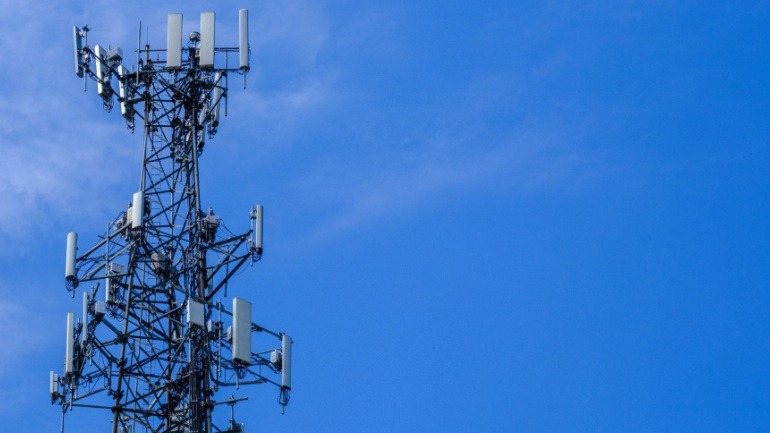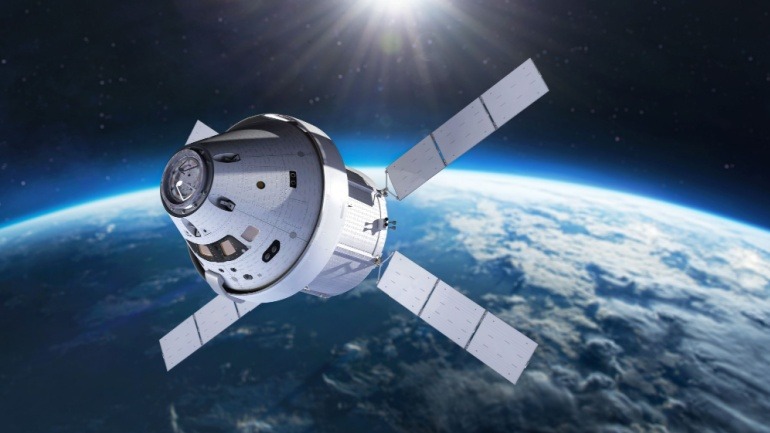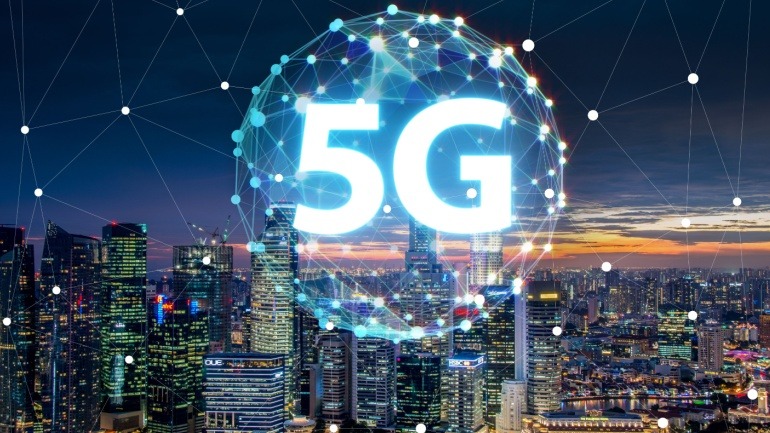Singtel is revolutionizing global IoT solutions with floLIVE’s distributed core network. This strategic collaboration enables seamless eSIM-based services for over 190 markets. Targeting the automotive sector, Singtel’s approach is a game-changer, offering innovative multi-domestic connectivity that adheres to strict regulatory standards.
The Swedish Armed Forces have joined the NorthStar programme to explore 5G’s potential in military operations. This partnership with Telia and Ericsson focuses on secure communications, mission-critical functions, and temporary networks, strengthening Sweden’s defense through private sector innovation and advanced technology.
Openreach urges UK businesses to move quickly to digital networks as the Public Switched Telephone Network faces shutdown by January 2027. Delays risk severe disruptions to payment systems, alarms, and phones. With free testing and support available, companies must review, test, and switch promptly to avoid increased costs, security risks, and missed growth opportunities.
Viasat launched its Digital Bus solution in Brazil, partnering with Satélite Norte to bring reliable Wi-Fi to buses via satellite and cellular networks. Tested on routes between Goiânia and São Paulo, the system improves passenger experience, fleet management, and offers new advertising and feedback tools.
SpaceX’s ninth Starship test ended in failure after a fuel leak caused disintegration over the Indian Ocean. Despite early success, this marks the third setback in a row, raising doubts about meeting future goals for Mars and Moon missions. SpaceX continues refining the system under FAA oversight.
Spark and Air New Zealand have launched the country’s first 5G private network at Auckland Airport, revolutionizing logistics with real-time data, autonomous robots, and drones. This cutting edge system boosts safety, accuracy, and efficiency while paving the way for broader industrial automation and digital innovation.
Intelsat is expanding its satellite services in the Solomon Islands and India, improving rural connectivity and supporting broadcast networks. A new agreement with STCL brings better voice and data access to remote island communities, while India’s approval opens the door for expanded satellite coverage and content delivery using four geostationary satellites.
Five global tech leaders, led by Singapore University of Technology and Design, demonstrated a pioneering satellite-powered 5G network linking Singapore and Japan. This breakthrough proves the viability of space-based communication with terrestrial networks, paving the way for seamless global connectivity.
Fastweb and Vodafone’s merger will launch a private 5G network at Italy’s Port of Ravenna. This move aims to make it a smart port, supporting IoT and autonomous technology. This 15km canal hub will see enhanced cargo monitoring and environmental data tracking, boosting logistics efficiency.
Bittium and Nokia have demonstrated a secure tactical communication system for the Finnish Defence Forces, combining advanced radios with 4G and 5G mobile technology. The hybrid network enables real-time voice, video, and data across challenging environments, highlighting the shift toward integrated battlefield connectivity.













